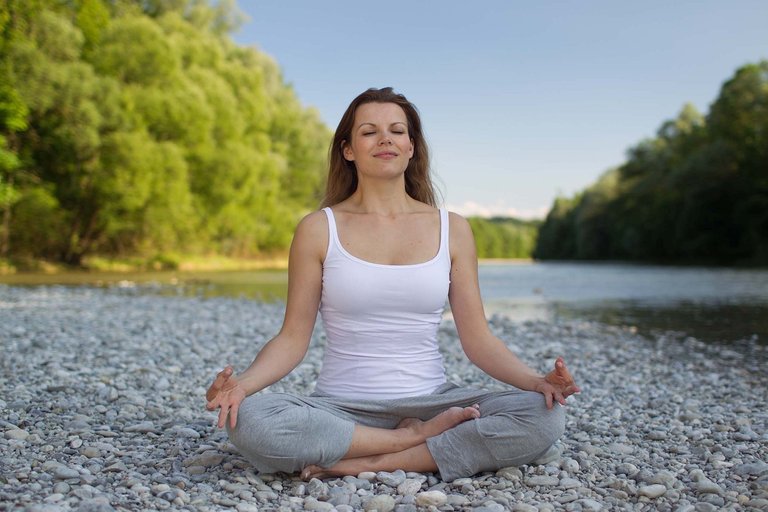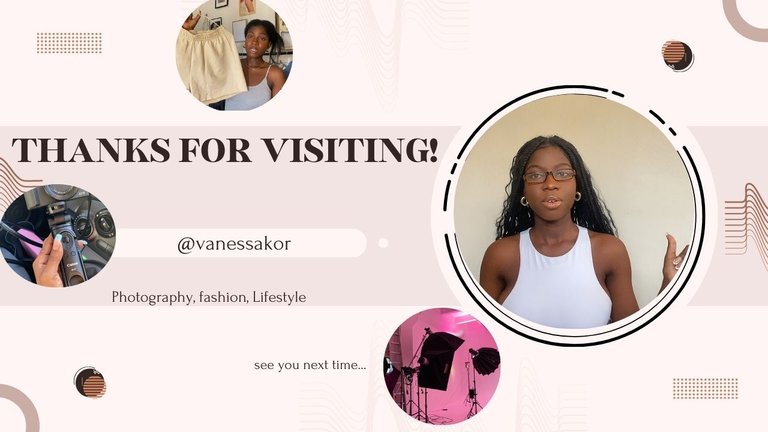Envisioning Equality for Mens-cycle Health &Dignity
Gooday everyone in the hive naija community i hope to find you all well today, in my entry today is share with you my response to the weekly prompt "If you had the opportunity to draw just one thing, it could be anything in this world, and the drawing would become a reality. Tell us what you will draw and why that particular thing" .
If I had the opportunity to draw just one thing, and that drawing would become a reality, I would create a world map where every country has equal access to high-quality menstrual health resources and education. This vision would encompass free menstrual products, comprehensive health education, and supportive policies for menstrual health at every level of society.

photo souirce -https://pixabay.com/photos/woman-belly-stomachache-heart-3186730/
Why This Drawing, You May Ask?
Promoting Equity: Menstrual health is a fundamental aspect of women's and girls' well-being, yet many face barriers to accessing necessary products and information. In many parts of the world, menstruation is still stigmatized, and the lack of access to menstrual products can lead to missed school or work, which exacerbates gender inequality. In places where menstruation is taboo, it often leads to girls dropping out of school and women being unable to fully participate in the workforce. By ensuring equal access to menstrual health resources, we would directly address these disparities and promote gender equity. Every person, regardless of their socio-economic status or geographic location, would have the opportunity to manage their menstrual health with dignity.
Reducing Stigma: The stigma surrounding menstruation is pervasive and deeply rooted in many cultures. By making menstrual health a visible and normalised part of public discourse and policy, we can begin to dismantle the taboos and misconceptions that siurrounds this stigma. This change would foster an environment where menstruation is discussed openly, and individuals can seek help and support without fear of embarrassment or shame. As society moves towards greater acceptance, conversations around menstrual health would become as commonplace as discussions about general health, leading to improved public understanding and support.

phooto source- https://pixabay.com/photos/woman-yoga-meditation-relaxation-5380651/
Improving Health Outcomes: Access to menstrual products and health education is not just about convenience—it’s crucial for health and well-being. Women and girls who have the right resources are better equipped to manage their menstrual cycles effectively, which can prevent infections and other health issues. For instance, the use of sanitary products that are both safe and hygienic reduces the risk of reproductive infections and discomfort. Comprehensive health education helps individuals understand their bodies better and take proactive steps to maintain their health. By ensuring these resources are universally accessible, we would significantly improve overall health outcomes and quality of life for women and girls everywhere.
Empowering Communities: Knowledge is a powerful tool for change. When communities are educated about menstrual health, they are better equipped to advocate for their needs and support one another. Educated communities foster a more inclusive and supportive environment, where menstrual health is treated as a common and shared concern rather than a private or stigmatized issue. This collective empowerment leads to stronger advocacy for policy changes and more robust support networks, creating a ripple effect of positive change throughout society.
Global Impact: By drawing this vision of a world where menstrual health resources are universally accessible and respected, the reality that follows would embody equity, dignity, and health for all. This drawing would serve as a powerful symbol of progress and compassion, illustrating a world where every person’s needs are acknowledged and met. It would represent a significant step towards a more just and equitable world, where every individual can thrive without the barriers imposed by inadequate menstrual health resources.
In this ideal world, menstruation would no longer be a source of stigma or inequality but rather a natural aspect of life that is met with understanding and support. Through this vision, we can work towards a future where menstrual health is universally prioritised, contributing to a more equitable and compassionate global society.
Thank you for stopping by my entry, i lovely to have you here and i hope to see you back soon.

Posted Using InLeo Alpha

This is quite thoughtful of you and it's really annoying why some people still see menstrual circles as a stigma in this age and time. It's not like there is something we can do about it, this thing is part of every female child's life so why should we stigmatize them for it.
Providing support and materials will go a very long way in helping many females around the world. Thanks for participating in the Hive Naija weekly prompt.
I know right??, i really appreciate your review and encouraging perspective, thank you for visiting my post, i hope to have you next time too.🙏
The community condemns AI written post and we don't appreciate people who dump AI content around here. This is a warning and further infractions will result in a permanent mute.
This is a wonderful way to put it. Though I struggle to see how empowering young women to be confident in their own bodies (speaking in terms of the menstrual cycle) and breaking the silence surrounding this stigma can lead to gender equality.
Making materials available for we to properly navigate and understand how to deal with this “problem” is definitely applauded. I doubt anyone cares in this day and age and that is one the things we need